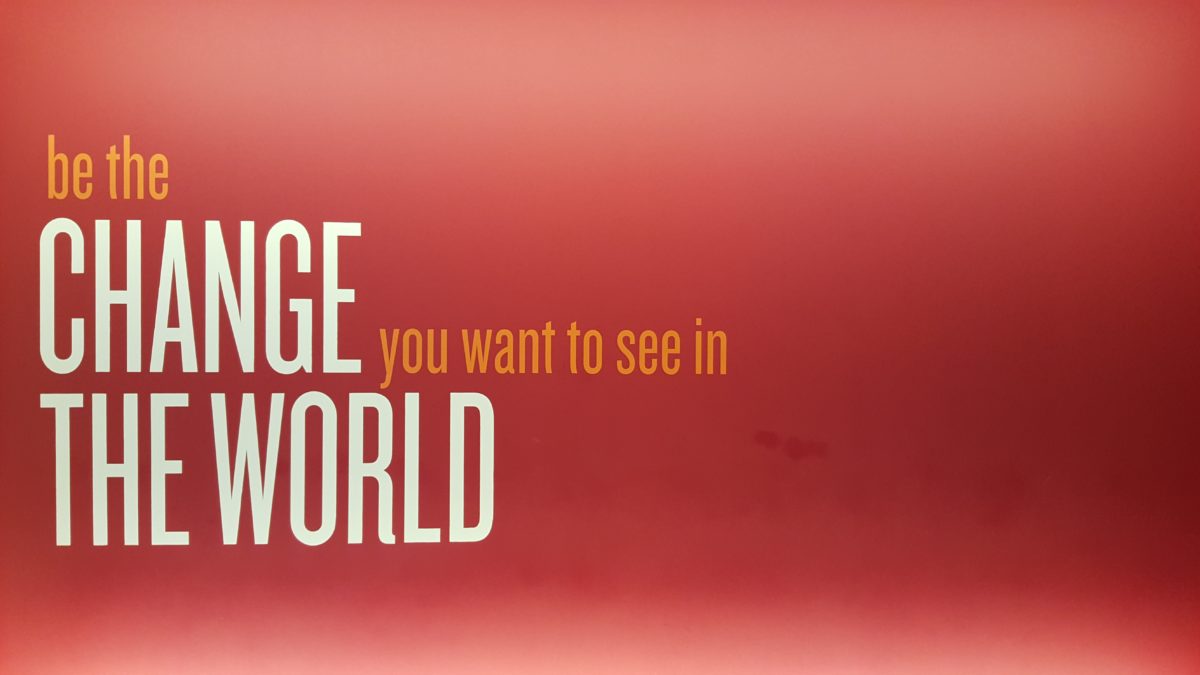
It’s no secret that America has a loneliness problem, with one of the most recent generations- Gen Z, being the loneliest of them all. Most are quick to point fingers at the notorious smartphones and social media, but the growing rates of isolation have much deeper origins. Ironically, the internet may be our saving grace.
First, let’s examine the contributing factors to the decrease in face-to-face interaction (besides the obvious COVID factor). One surprising factor is road construction. The walkability index of our suburbs and cities have decreased significantly over the years, meaning that most errands and events must be traveled to by car. For car-less teenagers and young adults, this is a huge damper in possible social interactions. Additionally, Americans are participating less in practices that traditionally promoted interaction. USA Today reports that monthly church attendance has decreased by ~10%, amount of time spent socially with neighbors decreased ~13%, and the amount of children being raised by a single parent or no parent has doubled, not to mention the amount of siblings per household has been on a constant decline since the 1960’s.
With such limited opportunities to hone their social skills, it’s no wonder why the youngest generations struggle with “small talk”. And sadly, it’s doubtful that sociability will improve, or even remain stagnant. There’s no way to “un-industrialize” neighborhoods, or convince the most anxious generation to go out and connect with strangers. It seems that having primary connections in the “real world” may one day be a thing of the past. This doesn’t mean that connections aren’t being made, it just means we are looking at the wrong forum.
Ohio Wesleyan University posted an anecdotal article by Kira Bailey, in which she relays the story of how a 7-year-long, intimate friendship her and her husband have with another couple started with a World of Warcraft game. The article also mentions the fact that 40% of romantic relationships begin online. In fact, eHarmony—one of the most successful dating sites— reports that it not only has the highest number of marriages than any other dating site, but the divorce rates of those marriages are less than 4 percent (Compare that to the national 50% divorce rate).
Kira’s story is similar to many others who have found real-life connections in fantasy games, Interestingly, these online connections can have even more success than offline ones. Oftentimes different online forums have their own distinct cultures. Someone using Discord may have different slang and inside jokes than a user on Twitch, just like different states have their own unique vernacular. Younger generations may be more prone to isolation in the physical world, but they’ve been pretty successful at making substitute communities online. So maybe, the “Ipad Kids” and your 10 year old nephew who spends hours on the PlayStation, are not as “doomed” as you think. In fact, Generation Z may have an advantage as they enter the professional world.
The recent pandemic and recession has forced many businesses to rely on remote work. This was not an easy transition for those who had little online experience. In fact, job positions were created for guides to simply teach workers how to work a video call. In many companies, virtual communication has become a required skill for their employees, and just like Adobe software or Excel, these skills take some time to master. Gen Z has a huge advantage in this field. 85% of managers believe that having teams with remote workers will become the new norm and within the last 12 years, the amount of people that work from home has increased by 159%.. The world is gradually transferring itself to the world of zeroes and ones, and the youngest generations will have the most to gain from it.



